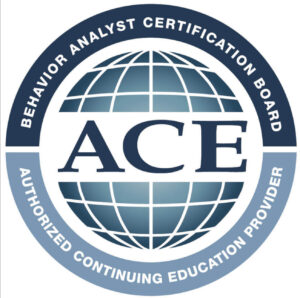Autism is a developmental difference with signs that appear within the first three years of life. While each individual with autism experiences their own unique strengths and challenges, psychiatrists and other clinicians rely on the DSM-5 to define autism and its symptoms. The DSM-5 recognizes two main symptom areas:
- Deficits in social communication and interaction.
- Restricted, repetitive behaviors, interests, or activities.
Learning about the symptoms of autism can help parents and caregivers know if they should ask their pediatrician for an autism screening. Early intervention delivers the best results.
This can look like a range of behaviors, such as reduced eye contact, differences in body language, not engaging in imaginative play, or closely focused interests. Each person with autism has their own strengths, likes, dislikes, interests, challenges, and skills, just like you do.

